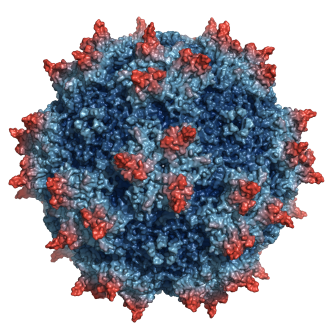Forced Degradation Studies
20 Years of experience
Structured approach
Stability indicating analytical methods
Selecting the best lead candidate is essential to de-risk drug product development. Since stability is critical, one way to investigate degradation pathways is to intentionally expose a drug substance or drug product to harsh conditions such as temperature extremes, humidity, exposure to light, and chemical agents to accelerate the degradation of the product. The purpose of forced degradation studies:
- Stability assessment under extreme conditions to predict its shelf life and storage requirements.
- Identification of degradation products that may form during the drug's shelf life. Understanding the nature of these degradation products is crucial for safety and efficacy assessments.
- Stress testing to assess the drug's vulnerability to various stress factors, including heat, humidity, oxidation, and light, to determine the critical degradation pathways. This information guides the formulation and packaging of the drug to protect it from these stressors.
- Generate degradation products for analytical method development and validation to ensure analytical methods are stability indicating.
Leukocare’s Forced Degration Expertise
As forced degradation studies are crucial during the drug development process, Leukocare offers a full portfolio of testing methods. Whether you need stability data or you are experiencing problems in downstream processing, we can help elucidate degradation pathways. Based on ICH Q1A guidelines, we use a well-established structured matrix of stress conditions to identify instabilities and aggregation problems. These include temperature and light stress, we also evaluate shear and freeze-thaw stress. In addition to our structured, laboratory-based approach, we apply state-of-the-art data science to interpret results for more comprehensive conclusions.
Key components of forced degradation studies, including
- Stress studies with selected conditions generate structured data that can be analyzed by our algorithms.
- Time points when the samples are collected during the development to monitor changes in the drug’s stability and potential degradation products.
- Analytical techniques such as HPLC or spectroscopy to detect and identify degradation products and assess the drug’s stability.
- Characterization of degradation products by looking at the structures of the degradation products to determine and understand their potential impact on safety and efficacy.
- Validation of analytical methods according to well-defined protocols and procedures to ensure the reliability and reproducibility of the results.
Stress Studies to Assess your Drug Development
- ICH compliant incubators at 5, 25, 40 °C
- Overhead rotation
- Orbital shaking
- Various combinations of temperatures between -80 and +40 °C
- According to ICH conditions
- Customized exposure protocols
Publication

Forced degradation studies during ATMP development
Algorithm-Based Liquid Formulation Development Including a DoE Concept Predicts Long-Term Viral Vector Stability